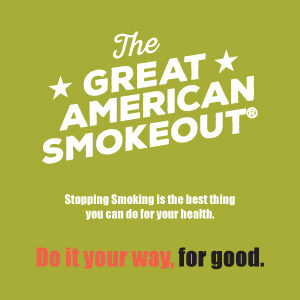News tagged with “marijuana”
Blog Entries tagged with “marijuana ”
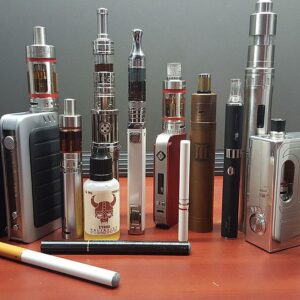
SRHD to Include Vaping Devices Under Smoking in Public Places Law
Spokane Regional Health District (SRHD) is working to include vaping devices under its county-wide enforcement of Washington state’s Smoking in Public Places (SIPP) law.
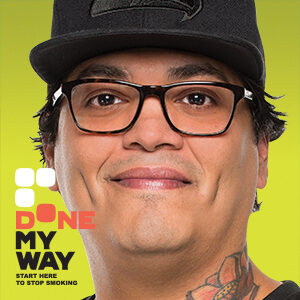
Help Patients Quit for Good with Free Nicotine Replacement Therapy
As advertisers have proven time and again, the thought of getting something for nothing truly can motivate behavior.

Letter to Multi-Unit Housing
Having a smoke-free policy is a growing trend in multi-family housing. Renters want it, owners like it, insurers respond to it, managers appreciate it, and maintenance staff are grateful for it.
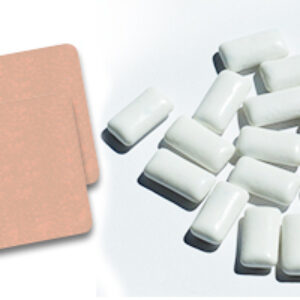
Help Patients Quit for Good with Free Nicotine Replacement Therapy
Spokane Regional Health District (SRHD) is proud to promote free nicotine replacement therapy

Smoking in Public Places Law: 10 Year Anniversary Offers Opportunity for Spokane Community to Once Again Rally Around Health
Hard to believe, but it has already been 10 years since Washington state’s Smoking in Public Places (SIPP) law was enacted.

It’s Not Your Grandfather’s Pot
It’s true, marijuana has been around a long time. It’s long remembered as the herb of the ‘60s and ‘70s.

A Memo on Menthol Cigarettes
Some patients find it harder to quit tobacco than others. Smoking menthol cigarettes might be part of the reason.
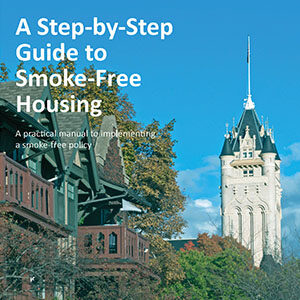
When It Comes to Secondhand Smoke, Clean Air Counts
Among the hustle and bustle of a busy practice, it is understandable that a provider might overlook asking some important questions.

A Provider’s Role in Curbing Cravings
‘I will prevent disease whenever I can, for prevention is preferable to cure.’ Used in many medical schools today, many providers subscribe to this core tenet of practicing medicine. And the commonly-acknowledged, low hanging fruit in terms of prevention? Quitting smoking.

Still Blowing Smoke
It is an indisputable fact, smoking causes an enormous burden on public health. But while policy measures are being applied more widely to control tobacco use, inadequate attention is given to what health care professionals can do in their routine work with patients.
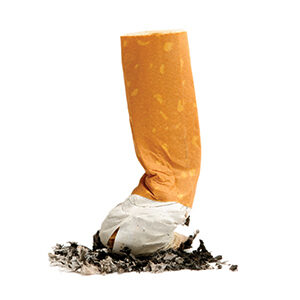
For Prevention is Preferable to Cure: Helping patients quit tobacco in the new year
For those who smoke tobacco, quitting usually ranks high on the New Year’s resolution list. In fact, XX% of those who smoke in Spokane County stated in a recent survey that they wish to quit. What better time for the local medical community to recommit to supporting patients’ successes in quitting?

Helping Your Patients Quit Smoking
As a provider, you likely already know that when it comes to your patients quitting tobacco, it is not an easy fight. But it is a winnable battle and it is the best change a person can make to improve their health. In some cases, it takes seven to 10 quit attempts before a patient quits for good.

Learn More About Tobacco Cessation, Substance Use and the Washington State Recovery Help Line
More tools you can use specific to tobacco, vaping device and marijuana prevention.

Contemplation to Action: Using a Motivational Interviewing Approach to Help Patients Quit Smoking
It’s that time of year again – when many people are contemplating making changes as they ring in the new year with hopeful plans for what 2017 will bring.

Want to Implement a Marijuana Prevention Campaign?
Looking for an easy to implement campaign to educate youth about marijuana? Here are two campaigns for use:
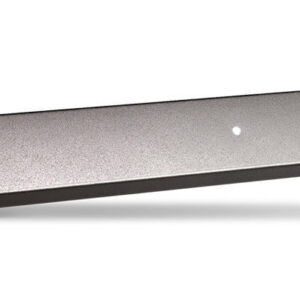
Product Alert: JUUL Vaping Device
An important area of focus for Spokane Regional Health District’s Tobacco, Vaping Device and Marijuana Prevention program is monitoring the market for emerging products or trends that could potentially cause harm to youth. After notifying the public about products of concern, staff rely on its partnerships with schools and the community to help keep these products out of the hands of kids.

The Risk of Marijuana Use in Kids and Teens
As you may know, 420 (pronounced four-twenty) is cannabis culture slang for marijuana and hashish consumption, especially smoking around the time 4:20 p.m., and cannabis-oriented events held on April 20 (or 4/20). Though marijuana consumption is legal for adults 21 years and older, it is important to consider what responsible adult-use looks like and how families can talk to adolescents about marijuana.

Health Advisory: New Vaping Device Especially Appealing to Youth
A new device that could be particularly enticing to youth, called JUUL, is now on the market and there are several details to be aware of.
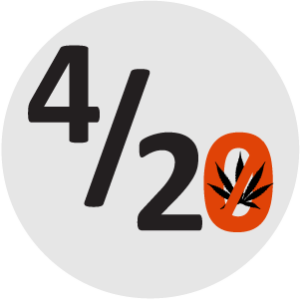
Navigating 4/20
It can seem like there's a holiday for almost everything these days. We celebrate National Coffee Day, National Donut Day, and even National Yoga Day. While many of these mini holidays are a fun opportunity to connect with others over a shared love of food or activities, some days can do more harm than good and affect your physical health and mental well-being.



